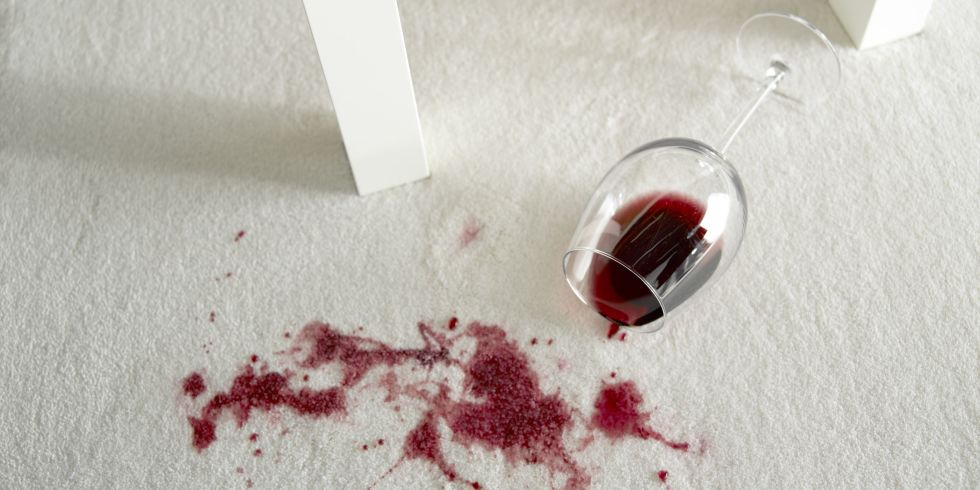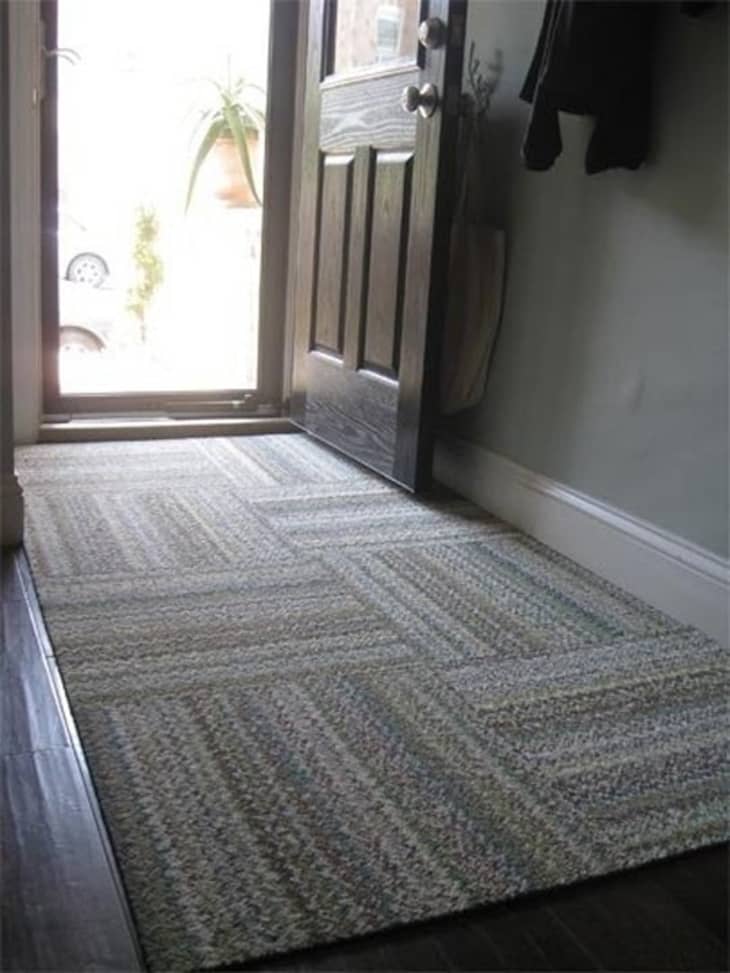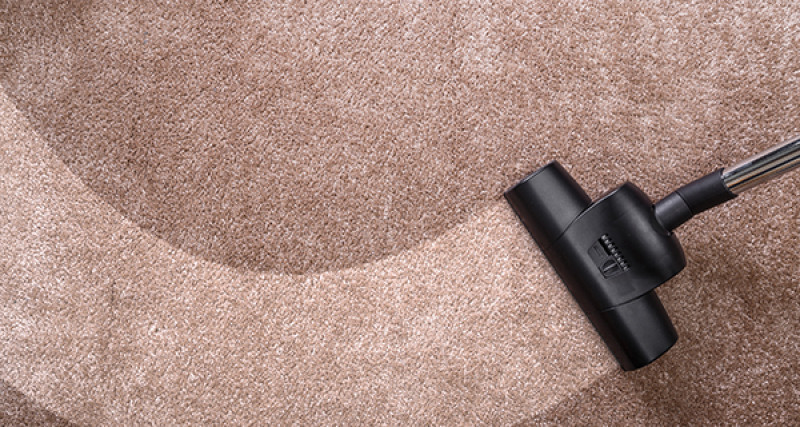Wear And Tear On Carpets In Rental

Normal wear and tear.
Wear and tear on carpets in rental. There s a phrase in landlord tenant law called normal wear and tear and it s very difficult to define. Tenants can t be held responsible for normal wear and tear. You might be able to specify in your lease agreement that tenants can t insert screws or nails in. Normal wear and tear vs.
A couple of small stains on a carpet. Many landlords include a. A carpet is another asset in a rental property just like a fridge microwave or dishwasher. If you re having a hard time spotting the difference between the two merriam webster defines normal wear and tear as normal depreciation meaning that if someone lives in a rental it s going to appear slightly lived in by the time they move out.
It is deterioration that occurs in the course of living in a property and it is not caused by abuse or neglect. Faded curtains or frayed cords furniture indentations and traffic marks on the carpet scuffed up wooden floors. What s considered normal wear and tear on your rental property. What is considered normal wear and tear on a rental property.
A landlord cannot retain a security deposit to cover normal wear and tear that occurs as a result of the tenant using the property for its intended purpose okay i got it. All those assets are subjected to normal wear and tear. Normal wear and tear is the expected decline in the condition of a property due to normal everyday use. Examples of normal wear and tear might include.
Normal wear and tear is defined as moderate scuffs marks nicks light stains or spotting. If there are no large stains tears or rips and the carpet simply needs to be cleaned that falls under normal wear and tear. Below are some common occurrences of wear and tear that landlords are responsible for and not covered by insurance.
















































